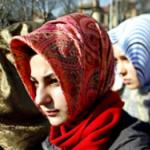RIGHTS OF THE CHILD
Headscarf as Potential Reason to Take Children from Their Families
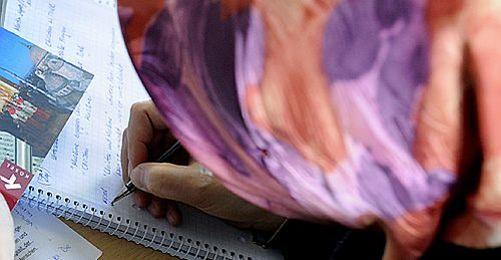
"If a family deprives the child of education for political reasons, this can constitute a reason to take the child under protection by the state".
With this statement, Abdullah Karatay from the Istanbul Branch of the Association of Social Workers refers to a discussion that emerged last week in the context of the headscarf in education. Parents in Konya (central Anatolia) Adana and Mersin (eastern Mediterranean) wanted to send their daughters to primary school with a headscarf. It was said that the children could be taken away from the family.
The discussion started upon the comment of Zafer Üskül, Head of the Parliamentary Human Rights Commission who had said, "If the child is imposed to family pressure and the freedom to education is being restricted, the state will take the child [from the family] and will provide education".
Thereupon, Selma Aliye Kavaf, Minister for Women and Family Affairs, had stated, "We can take children under our protection by a precautionary court decision, regardless of the reasons and justifications". The Association for Free Thought and Educational Rights (Özgür-Der) claimed to dispose Üskül from office on the grounds of his statement.
bianet asked Karatay whether he saw an abuse of the children in sending them to school with a headscarf and if these children needed to be protected. He replied, "The crucial point is not that the child wears a headscarf but what consequences will follow and how that is going to effect the child's life. Depriving the child of its right to education because of the headscarf means to obstruct the mental and intellectual development of the child. Considering the school as a place designed for the child's development, this means to put the child's development on risk. If the parents deny education to their child because they cannot make her wear a headscarf, for instance if the father insists on not sending the girl to school for political reasons, this can constitute a reason for a decision for the protection of the child".
Investigation sufficient, complaint not obligatory
Karatay informed bianet about the definition of "a child in need of protection" according to the law of the Social Services and Child Protection Institution (SHÇEK):
"If the development and the protection of the child are endangers and the parents do not fulfil their duty of protecting the child, the child shall be taken from the family. It shall be determined by an expert whether the child's development and life are at risk. The result shall be presented to court where a protection decision has to be issued".
Karatay explained that it is to be determined by an investigation of an expert whether the children sent to school with a headscarf should be taken under protection.
"In this case, a complaint is not necessary. A newspaper announcement on the topic is sufficient for the Social Services to initiate an investigation. The experts will have to see the child's living conditions and talk to the family, the school and people in the environment to determine whether the child was abused. In case of abuse, an according court decision has to be given", Karatay indicated.
Artilce 3 of the Children Protection Law defines "children in need of protection" as follows:
"Children whose personal safety and physical, mental, moral, social and emotional development is endangered and who are victims of neglect, abuse or crime". (SP/VK)
5 Children and 3 Adults Killed in Şırnak in 15 Months
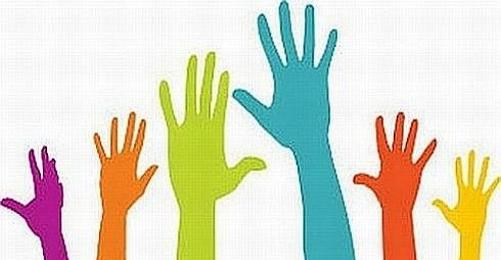
Kurdish Singer Was Granted 10 Percent of Compensation Claim
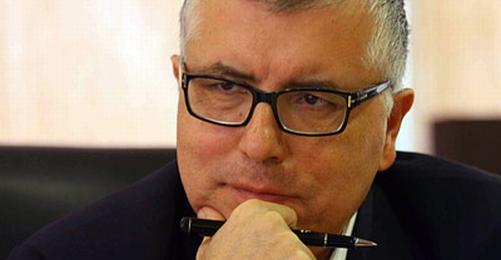
Journalist Birand's Confession on PKK News
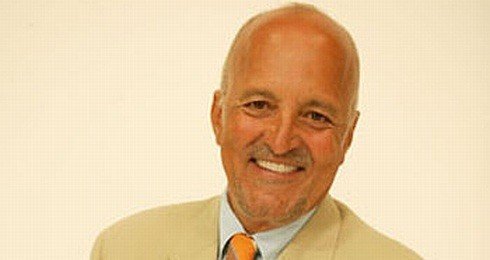
7th Istanbul Gathering for Freedom of Thought

Headscarf Ban at Universities Softened






